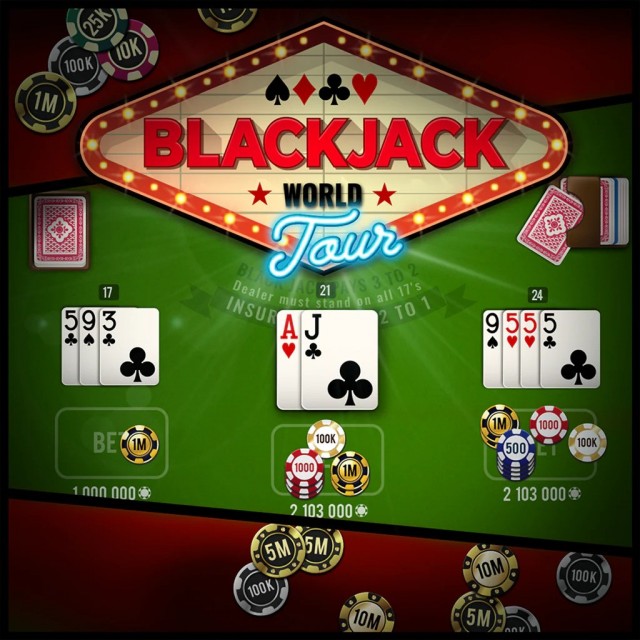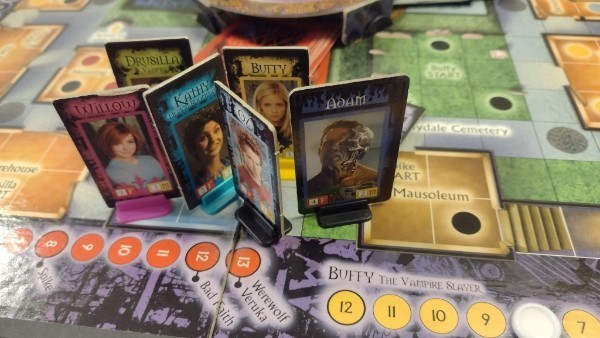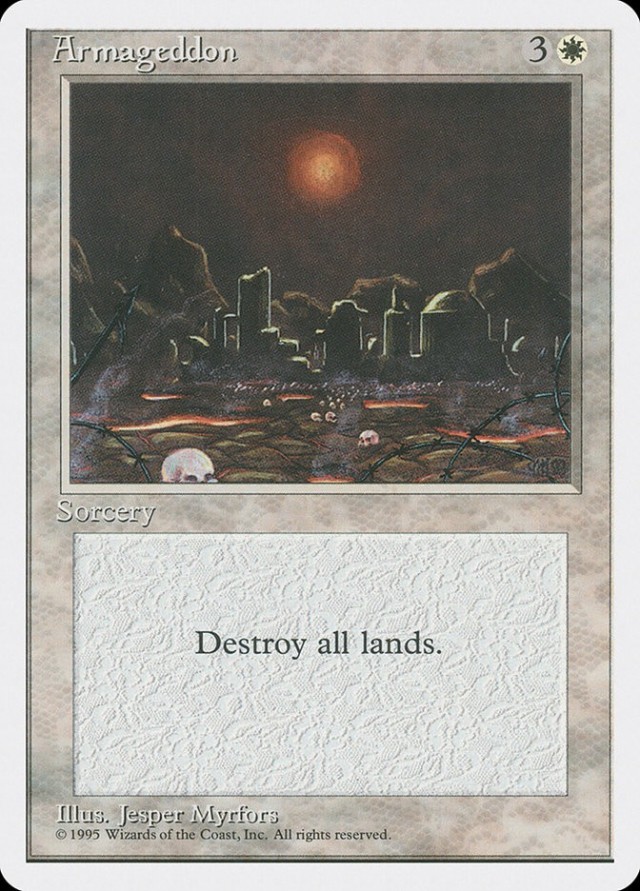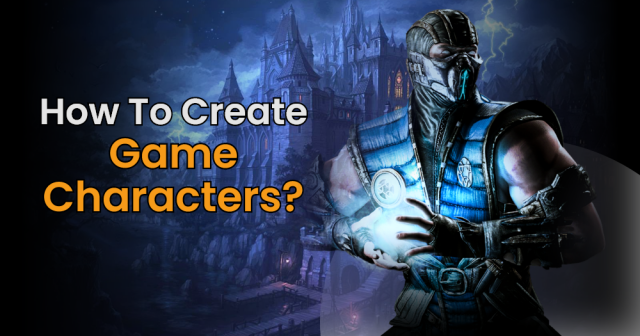Last post I looked at Wars of the Roses games. I’m going to do another period piece here, this time I’ve only played two games from the period though; The Peloponnesian War, a Victory Games solo ‘historical simulation’ and Polis: Fight for Hegemony a euro-wargame hybrid.
Hopefully you are familiar with the Greeko Persian wars (think Frank Millers 300) and the rise of the Roman Empire. The Peloponnesian war is the Greek history in between these two, 431-401Bc. After the Persian wars Athens and Sparta emerged as the two most powerful Greek city states. A combination of differing political philosophies, and more importantly, imperialist notions lead to a war between the two cities and their allies (hegemonies) that lasted some three decades.
The Peloponnesian Wars have been a reasonably fertile topic for games. There are two block games; Athens and Sparta (Columbia), Hellenes (GMT), a monster hex and counter; The Epic of the Peloponnesian War (Clash of Arms), a fair few magazine games, and the two I have played; The Peloponnesian War by Victory Games, and Polis, a euro by a small Spanish publisher Asylum Games.
As per my Wars of the Roses post, I’m going to look at both games and discuss them in reference to each other. These are sort of reviews, but also just blathered thoughts. If you're just interested in a Polis review, scroll right on down.
The Peloponneisan War (Victory Games,Mark Herman).
Peloponnesian War is a solo war game designed to teach you history. It uses a point to point map, some army and fleet chits, and several leader chits. The game is loaded with random events charts and AI action tables. On the map, the game is a fairly simple and regulation point to point war game like Hannibal RvC for example. You move armies along routes plundering spaces for VPs and have CRT resolved fights. Most of the really interesting mechanics are bound up in the events tables and the leader chits. At the start of a turn your historical leaders are randomly determined, once you have a leader chit, you assign troops/fleets to him and set his objective (a target hex /type of operation). In some respects this is similar to the negotiation game Republic of Rome but with dice and tables instead of players arguing. The second interesting mechanic is the role changing. At the end of each turn, you roll (moderated by your score for that turn) to see if you and the AI ( a dice rolling flow chart) change sides. In most games you will control both Athens and Sparta at different times.
I said this is a game designed to teach you a history because whilst the game is interesting it is largely scripted. The game has a study section in the rules booklet which gives you a historical insight into the war and the strategies that won it. To ‘win’ this game you need to follow these strategies and ride a bit of luck on the leader draws and random events.

photo credit Mark Mahaffey, the Geek.
Strategically the war was determined by food supply. Both city states were dependent on their grain supplies. Sparta grew a significant amount of grain around the Peloponnese (the lands of southern Greece), and Athens imported much of its grain from the Hellespont (Turkish coast) and Black Sea region. Neither side could effectively conquer the others city, or even sustain a siege of it. Athens hoplite armies were too small and weak, and Athens had invented the wall. The Spartans did attempt sieges of Athens, but due to its large wall, and sea trade it proved futile. The war was essentially one of attrition. Few major land battles were fought; most campaigns simply raided agricultural land to starve the opposition.
Athens invincibility lay in her large fleet, a fleet that the Athenians threw away in a suicidal attack against the neutral city state of Syracuse (Sicily). Alongside Hitler’s invasion of Russia, and Superfly Pete’s gushing over Stone Age, the Athenian invasion of Syracuse remains one of history’s most illogical errors. Historians still dispute why the Athenians thought this was a good idea. The most likely explanation is perhaps in the characters that lead the wars. Alcibiades, Pericles, Cleon, Lysander, Nicias, Demosthenes, and even Socrates in a limited fashion, were all characters that shaped the conflict. Alcibiades in particular is an interesting character, one of history’s veritable bad asses. He commanded forces for both sides in the conflict and even defected to the Persians before being killed. He was a key component in the political maneuvering prior to the ill-fated Athenian invasion of Sicily.
What does this have to do with the game? A key issue for historical games is the benefit of hindsight. Invading Sicily was a very bad idea in hindsight. From a logic based simulation point of view, how do you encourage the player to do such a thing? It was instrumental in Athens loss of the war. From my memory (I played this game over a year ago now) I felt no compulsion to make this mistake. I won my second game as the Athenians by simply raiding the Spartan shoreline for VPS and maintained naval dominance, no big risks needed.
This isn’t the sort of solo game I can see getting dozens of plays though. I played my copy twice, and then sold it for a tidy sum. The game does a really good job of exploring the history and telling a military narrative. It brings out the resource constraints and some of the personalities of the conflict in a limited way. The game however is fairly solvable albeit for the roll of the dice.
Polis Fight for Hegemony (Asylum Games,Fran Diaz)
Polis: Fight for Hegemony approaches the topic from the other end of the spectrum. This game is a resource management euro first and area control war game second.Polis, it means city in Greek. In this game you fight over cities with cubes.

Most of the historical chrome is relegated to an event deck. The game is divided into four rounds. At the start of each round an event is drawn and resolved. A large number of the event cards are blanks, it’s quite possible to go through the game with no events happening, and from a mechanical point of view they are entirely optional. Most of these events simply make a reference to a historical event or character and then give one player an extra unit in a territory or restrict a trade route. It’s rather arbitrary and adds little to the game other than some pseudo historical scripting.
But this isn’t a simulation, it’s a euro, and that means clever mechanics that hopefully translate into a fun engaging game. The cleverness in this game is in the victory points system. Your end game score is your prestige points (earned by fighting battles and building stuff) and your population (total cubes in your cities). Simple enough, the catch is, these are two of your most important resources. Like the ancient Greek philosophers used to say “You need to spend points to make points.” The players take turns to take two actions each, until both pass and then the round ends. There are more actions than I can be bothered to list, but they essentially include making troops/fleets and fighting with them, or getting resources via tax or trade. There are also some diplomat actions (which are essentially resource bribes as an alternative to military action). To make troops and fleets, the dudes you need to subject other Polis to your rule, and defend your territory, you must spend population at a 1 : 1 ratio. This creates some interesting strategic thinking. Can I force my opponent to build a fleet or army that they don’t really need, how can I waste their population?
Prestige also must be spent. Most of the games military actions, raising troops, moving them, laying sieges, require you to spend a prestige point. This is often less of a decision point in my experience, because the cost benefit maths is easy to do. It could however knock a player out of the game if they made a major error. The main way you accumulate prestige points is by winning sieges and fighting battles or maxing out the population on a city at the end of a round. If you have no prestige points you cannot engage in these activities easily. Sieges are a d4 dice roll. Roll higher than the Polis defence stat, you take the city. If a player were to make a fist of a few early siege attempts, they could run out of prestige and struggle to make more in the future. This hasn’t happened in the games I’ve played, due to a combination of intelligent play and good luck. The luck factor has with these siege die rolls has come under some scorn at BGG. Personally I like the mechanism. It creates a bit of dramatic tension and screws with the best laid plans, as war should.
As previously mentioned, Polis deals with the history in a far more abstract sense than The Peloponnesian War. In its favour it does give players a legitimate incentive to invade Sicily. Syracuse is one of the best cities, but also hardest to siege. On top of this the game does capture the geographical reality. Athens was dependant on trade through the Cyclades. A good strategy for the Spartans is to do what they did historically and take Cyclades off the Athenians with a large fleet.
The game has a battle system. A euro with a battle system? It is rather similar to the card system in Hannibal Rome vs Carthage. Players take it turns to play cards and match their opponents cards to inflict casualties and score prestige points. It’s a fairly simple affair, but has enough to remain engaging. Unlike the card system in HRvC it doesn’t lead to many wild swings of fate and most fights are simply a matter of numbers.
Much of the rest of the game is concerned with managing the spreadsheet / player mat in front of you. Like a good Greek economist (Greek economists are good aren’t they?) you are going to spend a lot of time converting resources from one cube colour to another, mostly in aid of getting food to then convert it into population growth (points) at the end of the round. The game keeps you fairly resource poor, very much so early on, forcing you to take risks with your military aggression. The area control game is fairly tight. Fights only start when there are 8 or more cubes of both parties in an area. This is impossible to achieve early on, later it becomes a question of logistics. You can only move a max of 5 cubes in a move. So to concentrate force in your two consecutive actions you have to find a second method of getting troops to the battle (usually by recruiting them straight in).
I like Polis a lot. Of the two games mentioned it’s the better game, if not narrative. It runs a little longer than advertised and won’t appeal to people who don’t like cube pushing. Some have described the game as a two player civilisation. This isn’t a bad appraisal. The game does share some similarities particularly in terms of needing food for your populations, the importance of cities, and the area control conflict. The Peloponnesian War was more history lesson than game. I enjoyed it for being that, but once you’ve seen the lesson it doesn’t demand replay.
 Games
Games How to resolve AdBlock issue?
How to resolve AdBlock issue? 












